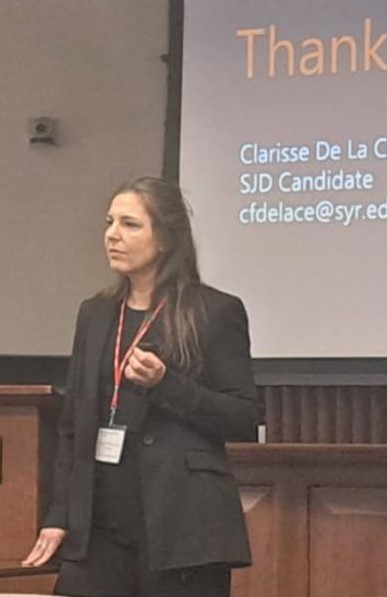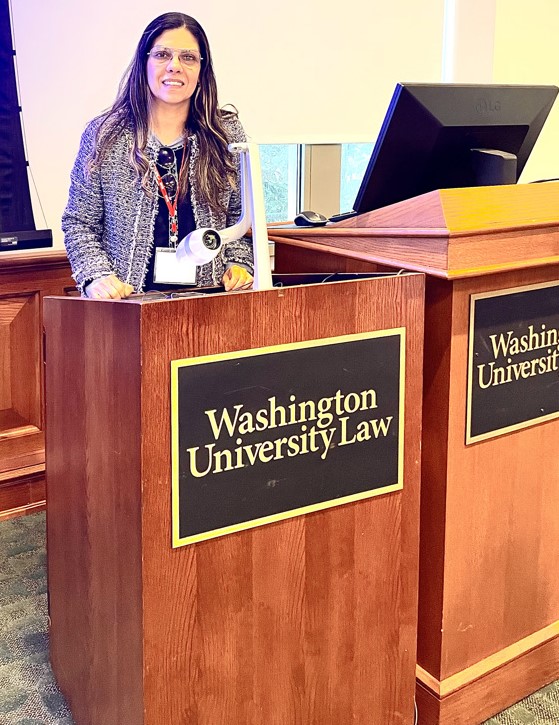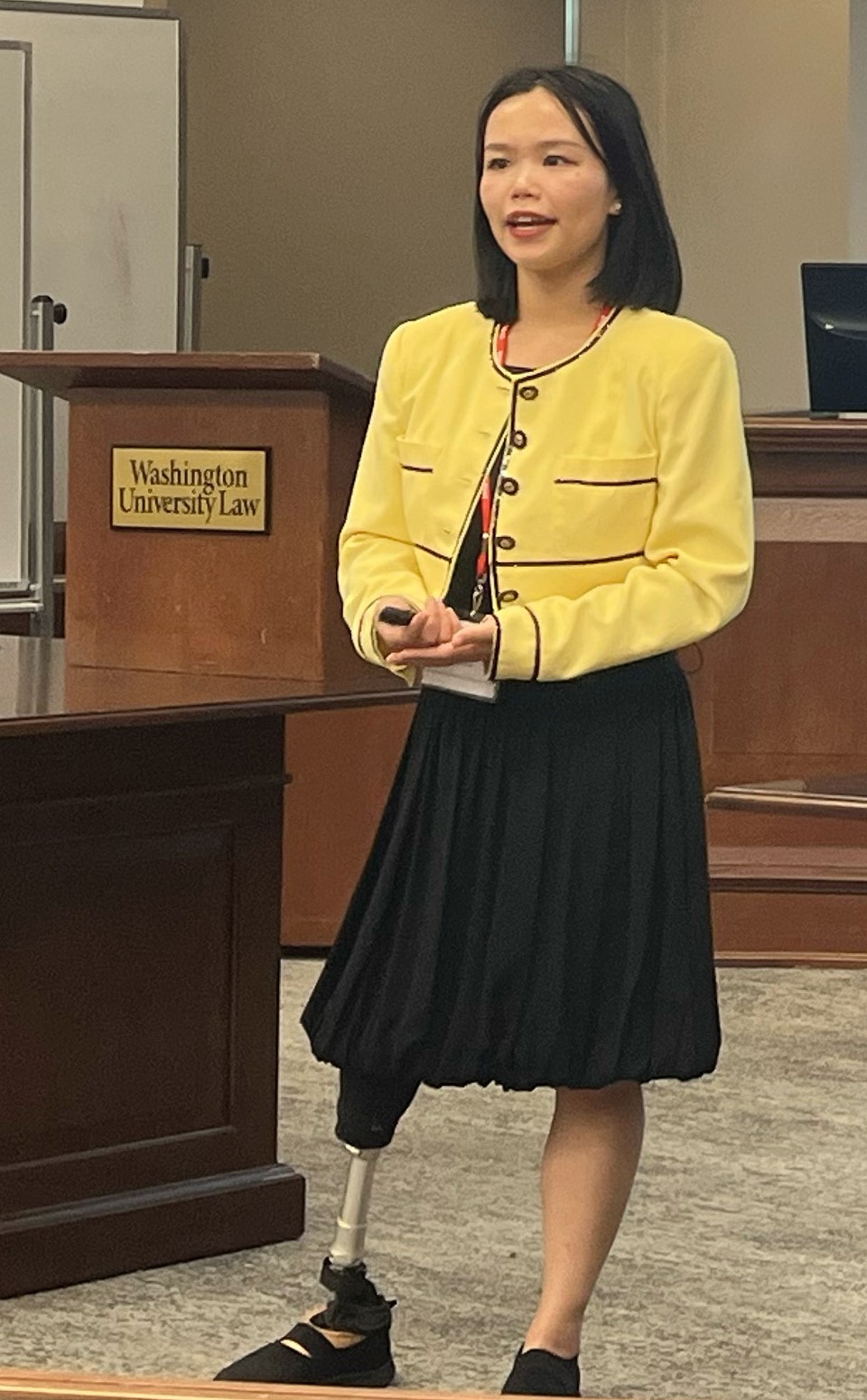2L Derrick Morris has long held an interest in the operations side of professional basketball, whether it was the salary cap, rosters, or other aspects of running a billion-dollar franchise. “Even as a little kid I paid attention to roster construction, salary cap, and more,” says Morris. Now he is well on his way to realizing his dream of being involved in the business side of professional basketball.
A key element of Morris’ path is his latest achievement: participating in the NBA Future Basketball Operations Stars Program (FBOS). FBOS provides trainees with opportunities to learn about various components of basketball operations, from industry experts and leaders. Trainees are mentored by league office executives and participate in sessions designed to spark self-awareness and highlight behaviors and skills that contribute to success within the basketball operations ecosystem.
After a successful pilot program last season, the FBOS recruited potential candidates for the September 2023 – February 2024 session. And Morris didn’t let this opportunity slip through his fingers.
“I was unaware of the program and missed the application deadline last year by two days. I bookmarked it on my computer and reached out to a couple of participants from last year who went through the program to get their experiences with it. I applied, went through the interview process, and they awarded me the opportunity,” says Morris. More than 4,500 people applied for FBOS, with only 81 being accepted into the program, or about a 1.8% acceptance rate.
The FBOS participants meet weekly remotely to receive a detailed look behind the curtain of NBA basketball operations. “We receive presentations from the leaders of various aspects of the NBA. So far, we’ve heard from NBA G League operations, international basketball operations, and scouting. Each presentation is broken into different sessions and topics.” Just like law school, there are individual and group projects to be completed.
Take the Open Shot
The FBOS program is the latest in an upward trajectory Morris has put himself on stretching back to his undergrad degree in communications and sports management from Central Michigan University where he was Intern with the men’s basketball team and a women’s basketball practice player. During the summer of 2022, he was an intern with the NBA Summer League and Sports Business Classroom. This past summer he was a Legal and Business Affairs Intern with his hometown team, the Detroit Pistons. He describes the experience as “a dream come true.”
“I was mainly involved with drafting and reviewing contracts for corporate sponsorships, reviewing the new Collective Bargaining Agreement (CBA), watching how negotiations work in pro sports, and I met professionals on the business and basketball side throughout the organization. The arena is downtown, around the corner from my brother’s house. I have so many memories there and I enjoyed my time being back in Detroit and with the Pistons.”
Prior to the Pistons, Morris externed with Syracuse Athletics in their compliance department and before that, an internship with the SU Women’s basketball team.
Other stops on the hardwood trail were at the University of Kansas where he earned a Master’s in Higher Education Administration while managing the KU Men’s Basketball team dorm (McCarthy Hall).
Playing Zone
This winding path brought Morris to the Syracuse University College of Law in 2021 for his legal studies. “I always knew that I wanted to work in professional basketball. Coming here, I thought I wanted to be an agent. I’m still not ruling that out completely,” he says.
Even as a nearly full-time law student, Morris works full-time as a Residence Director on campus, managing three dorms with more than 700 students, and supervising 15 Residence Advisors. He also teaches a First Year Seminar Course on campus.
And he is the president of the Entertainment and Sports Law Society, where he’s had the opportunity to network with a wide range of professors and professionals.
How does he juggle so many responsibilities? “It is a challenge at times, but I have learned that sacrifice is necessary for my goal. It’s all about perspective and the way I see it, being a Residence Director has given me a lot of flexibility and the opportunity to do law school and the NBA program. You must manage your time really well and you have to use the times other people don’t think about like late nights and early mornings. It’s made me so structured with my schedule and has made me a better professional with my time management and handling a lot of different things at once. “
“There’s a previous law grad, David Wagner L’10, G’10, who uses his law degree to work in NBA G League operations. He spoke to the FBOS recently and hearing his story and background and how he’s applied what he learned at the College to his current position was impressive. The most important thing for me has been to remain open. I’m not ruling out a legal counselor role with a team or operations. This opportunity was so great that I wasn’t going to pass it up. It could change the trajectory of my career.”



